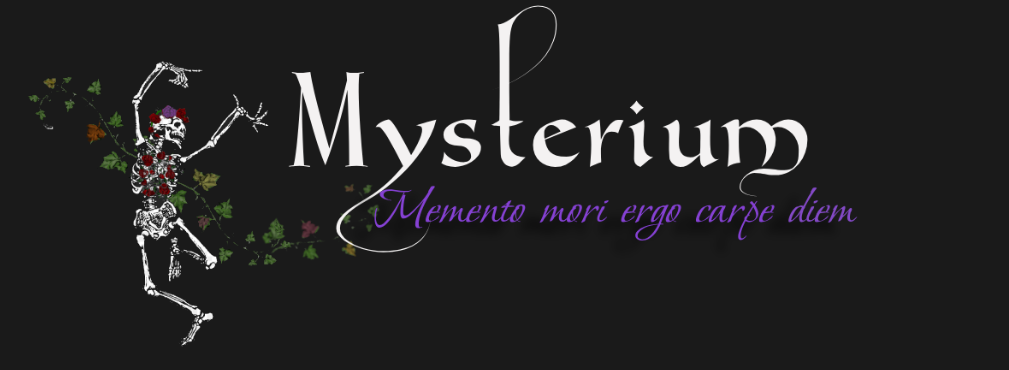
Neuroscientist David J. Linden writes in his new piece for The Atlantic:
And because our brains are organized to predict the near future, it presupposes that there will, in fact, be a near future. In this way, our brains are hardwired to prevent us from imagining the totality of death.
If I am allowed to speculate—and I hold that a dying person should be given such dispensation—I would contend that this basic cognitive limitation is not reserved for those of us who are preparing for imminent death, but rather is a widespread glitch that has profound implications for the cross-cultural practice of religious thought. Nearly every religion has the concept of an afterlife (or its cognitive cousin, reincarnation). Why are afterlife/reincarnation stories found all over the world? For the same reason we can’t truly imagine our own deaths: because our brains are built on the faulty premise that there will always be that next moment to predict. We cannot help but imagine that our own consciousness endures.
It’s built into language, too, of course – since at least 1694 we’ve spoken of “human beings”, perhaps because “human not-being” swerves into cognitive dissonance.
